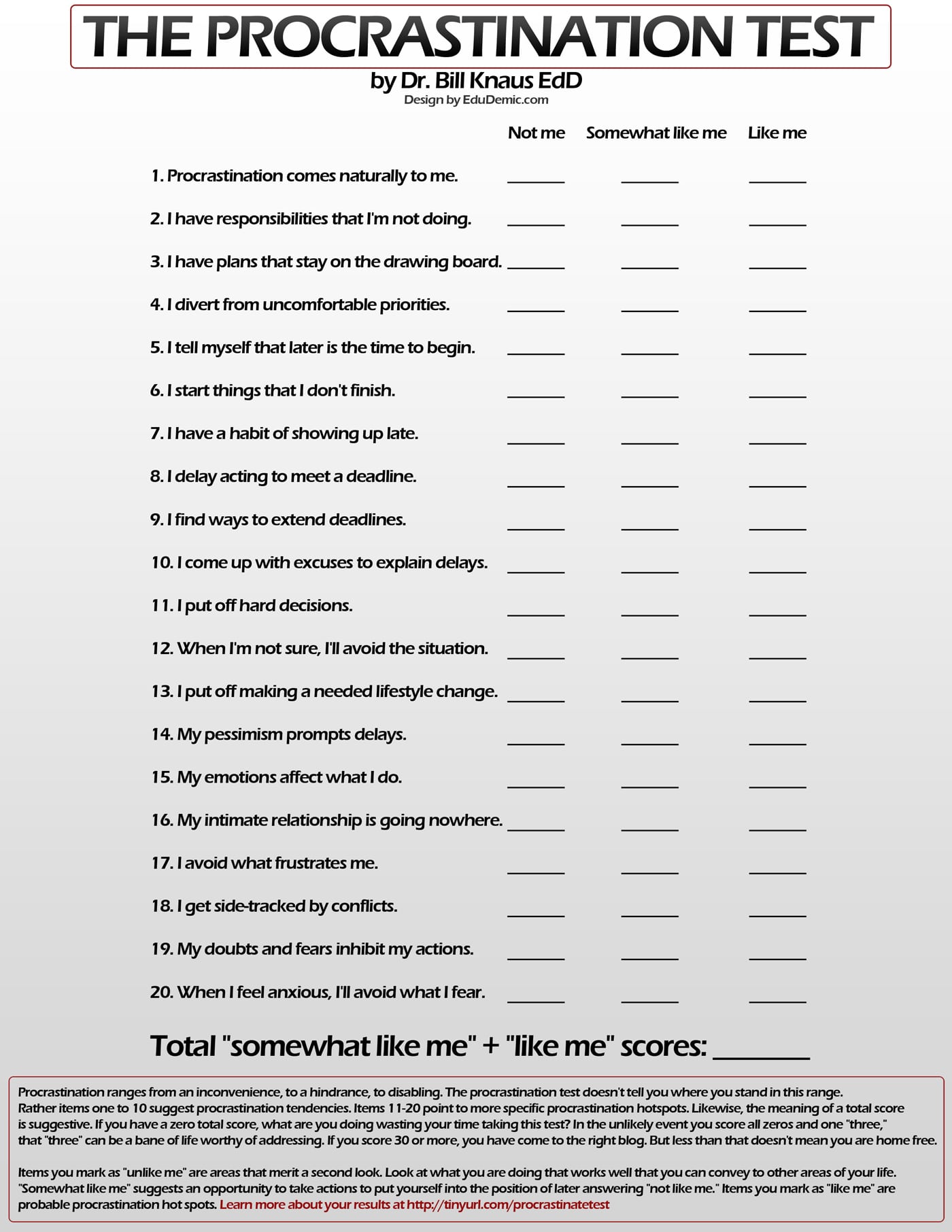The Influence of Procrastination, Emotional Dependency, and Impostor Syndrome on Daily Life
The Influence of Procrastination, Emotional Dependency, and Impostor Syndrome on Daily Life
Blog Article
In the modern age, many individuals struggle with mental and emotional challenges that affect their daily lives. Among these, procrastination, emotional dependency, and impostor syndrome stand out as common issues. What can you do to break free from these patterns?
In this guide, we will dive into the causes and solutions these three challenges. By understanding their impact and learning to manage them effectively, you can take control of your life.
What is Procrastination?
Procrastination refers to postponing important activities even when you are aware of the consequences. This behavior is frequently linked to emotional or psychological factors, such as anxiety or self-doubt.

When procrastination takes over, can be far-reaching. Overcoming procrastination requires practicing self-discipline and creating actionable procrastinação. plans. Consider techniques like the Pomodoro Technique or setting realistic deadlines to stay on track.
The Nature of Emotional Dependency
Emotional dependency occurs when an individual relies heavily on others for validation, support, or happiness. Although relationships are fundamental, emotional dependency turns detrimental when it leads to a lack of independence.

Common signs of emotional dependency include a fear of rejection, difficulty making decisions independently, and an overwhelming need for reassurance. Breaking free from this pattern, it’s crucial to develop self-awareness and learn to validate yourself internally. Engaging in personal development activities and professional guidance can be helpful tools.
What is Impostor Syndrome?
Impostor syndrome is the persistent belief where individuals doubt their accomplishments despite evident success. People with impostor syndrome often attribute their achievements to luck rather than recognizing their talent and hard work.

Impostor syndrome often results in anxiety, self-doubt, and hesitation to pursue new opportunities. Addressing this issue involves reframing negative thoughts and acknowledging personal successes. Engaging in supportive discussions and embracing self-compassion can also help you build confidence.
How to Address These Challenges?
Here are some practical steps:
- Develop structured daily plans and break larger tasks into smaller milestones.
- Build self-awareness to identify patterns of emotional dependency and foster personal resilience.
- Practice gratitude to counter impostor syndrome and seek professional guidance if needed.
Long-term improvement requires persistence, so keep practicing these methods to achieve lasting transformation.
Conclusion: Taking the First Step
Procrastination, emotional dependency, and impostor syndrome can feel overwhelming, but they are manageable with the right strategies. With awareness and consistent effort, you open the door to personal growth.
Start today by recognizing these patterns in your life and adopting simple, actionable strategies. Remember: progress is a journey, not a destination.
Report this page